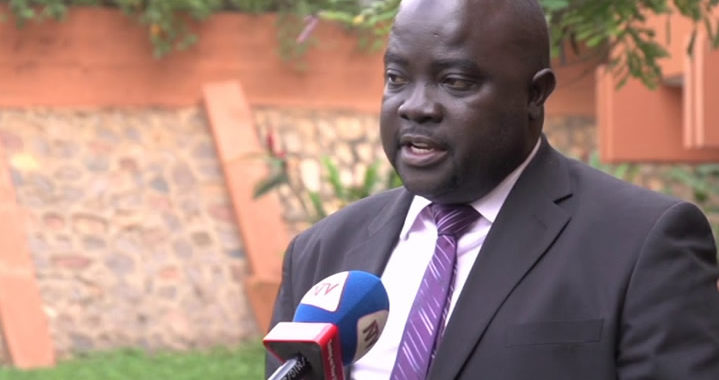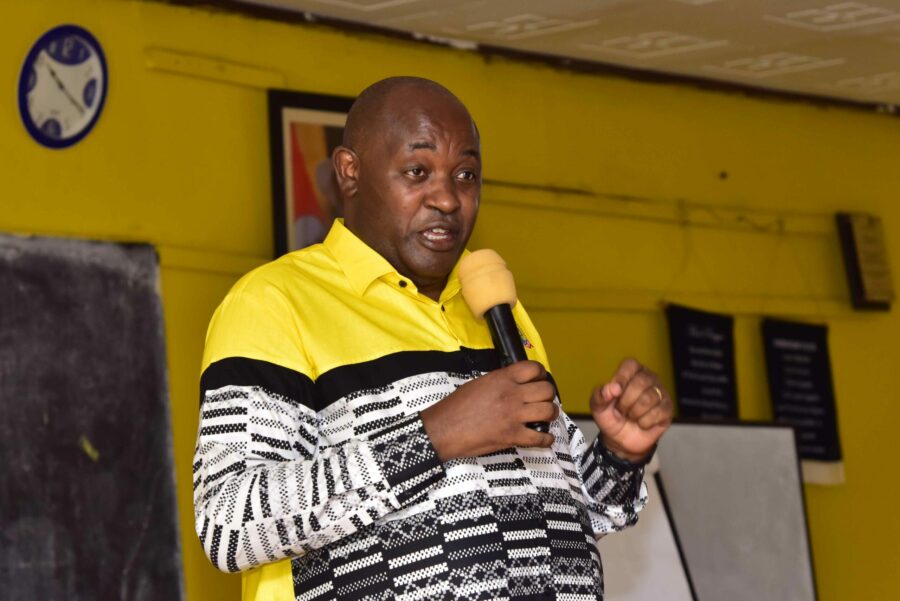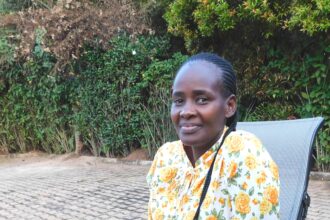The World Bank, through its Competitiveness Enterprise Development Project and the Government of Uganda will jointly fund all the 11 special court sessions on matters of land disputes.
The decision follows the recent meeting the Chief Justice, Bart M. Katureebe, held with officials from World Bank in Kampala and welcomed their intervention in helping the Judiciary by funding magistrate, Judges and court assessors who will preside over 220 cases.
“World Bank has the potential of expediting resolution of land cases as well as attracting future funding to address the land adjudication question more substantively,” said CJ Katureebe.
Currently, the Judiciary faces a problem of case backlog and the problem is more severe in Land Justice where 52 per cent of the cases are more than two years old in the courts. As per now at the Land Division, over 11,952 cases are pending in the court system, and of these at least half are backlog.
As a way of reducing on this growing problem, the High Court is holding 11 Special Sessions on Land Justice in different parts of the country, targeting to clear at least 220 land cases in 60 days.
According to the document issued by Acting Chief Registrar, Tom Chemutai over the weekend in the evening, all the 11 sessions have commenced on Monday, February 24. And in this pilot phase, six of the sessions will be held at the Land Division in Kampala targeting 120 cases, and five other sessions will be held at the Mukono, Mbale, Masaka, Mpigi, Kabale and Jinja High Courts.
“Each judicial officer has been assigned 20 cases to dispose of within 60 days. We project that each land case can be concluded in three days,” said Chemutai.
So far priority has been given to cases that have been in the court system for more than two years (backlogged cases) and those affecting implementation of key government projects, such as road construction, Oil transportation (Pipeline), Standard Gauge Railway (SGR) etc.
According to Chemutai and other judicial officers, the major cause of backlog in the land cases is mainly a result of a shortage of Judicial Officers, low levels of automation in processing cases inadequate resources.
Other reasons include lack of transport for Judicial Officers to visit the land in dispute, increased filing of cases fuelled by a growing economy and pressure on economic resources particularly land.
“Failure to resolve land disputes has cost the country a lot of money in delayed implementation of infrastructural projects. Investment projects have equally been affected by slow land adjudication, making Uganda a high-cost investment destination,” said Mr Chemutai.
Do you have a story in your community or an opinion to share with us: Email us at Submit an Article







